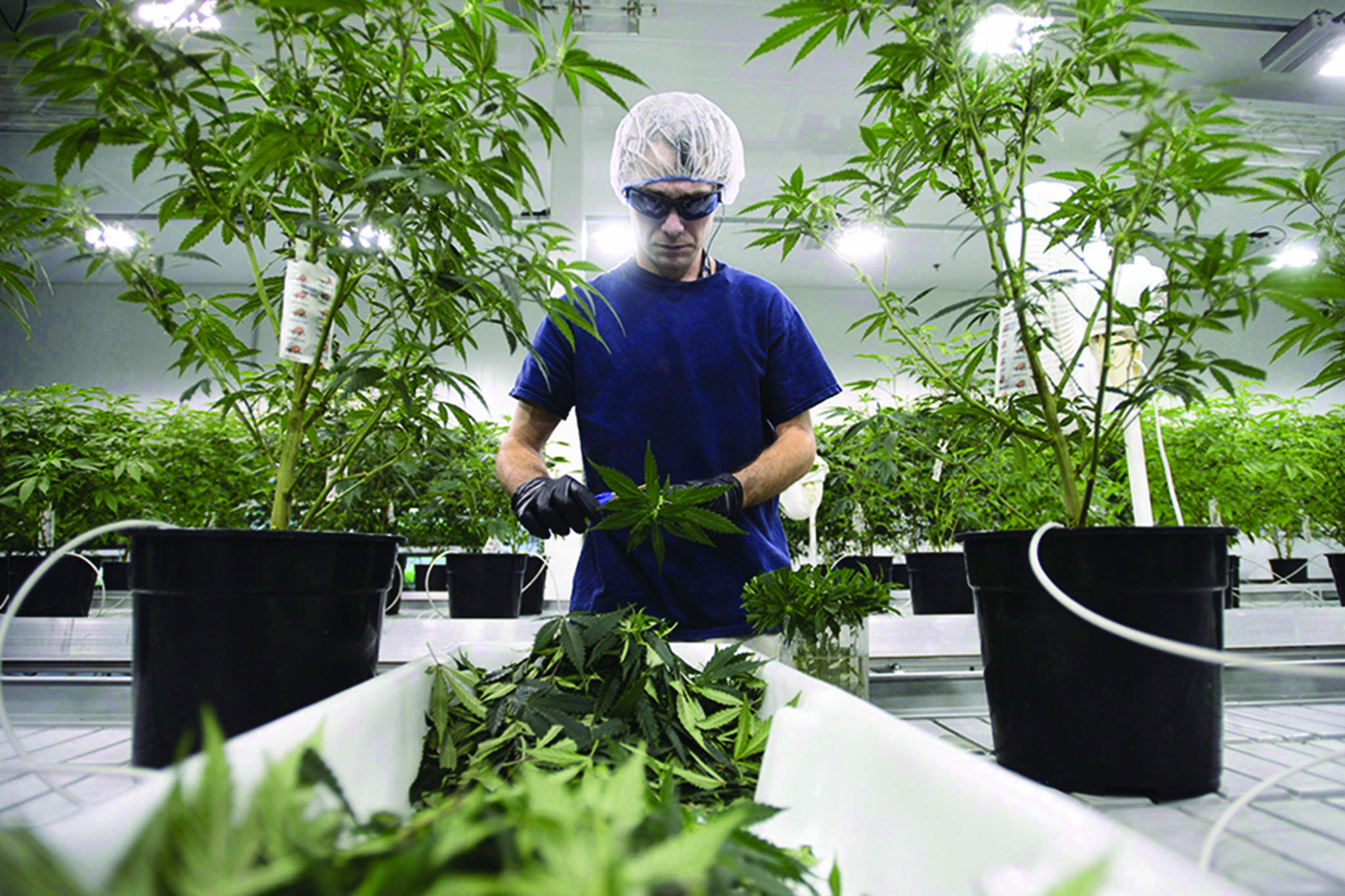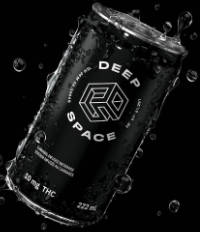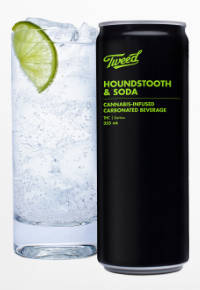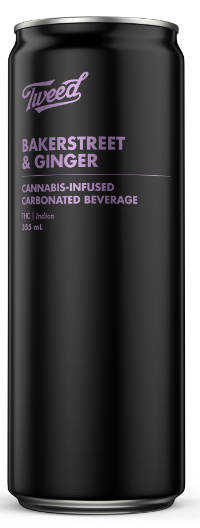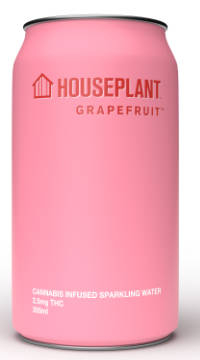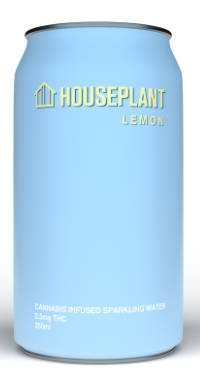When the heat wave hit Canada this summer, some of those enjoying cannabis were doing it by tipping back a cold one.
Cannabis-infused beverages came on the market this past year after being legalized in October 2019 in what those in the trade refer to as the 2.0 format. Edibles were also part of that expansion in cannabis products.
The results so far for the cannabis-infused beverages market has Andrew Rapsey, Global Head of Beverages for Canopy Growth Company, “extremely pleased.”
In March, Ontario-based Canopy Growth partnered with Constellation Brands (whose brands include Corona beers) and tapped into the sessionable market. Canopy Growth’s three brands are infused with tetrahydrocannabinol (THC), with Tweed and Houseplant infused with two and 2.5 mg, respectively, of THC, and Deep Space offering the regulated limit of 10 mg of THC.
“We’ve come in with lower, more sessionable dosages (and) … it actually allows us to create a true alternative to beverage alcohol because … we’re able to deliver a desired outcome whether that’s a buzz or a moment of relaxation similar to beverage alcohol,” said Rapsey. Cannabis-infused beverages are low to no calories, low to no sugar and don’t result in hangovers. And they deliver on taste.
Canopy Growth has a large Canadian footprint amongst its world-wide holdings, with its western facilities including Tweed 53, a 160,000 square-foot facility in Edmonton, and DOJA, an Okanagan Valley-based producer, to name just two. The beverages production facility is located in Smith Falls, Ont.
Data is still being collected, says Rapsey, but provincial sales, with Alberta and Ontario leading the way, have been gaining steadily. To put the popularity of THC cannabis-infused beverages in context, Rapsey points to the United States where in 2019 the market was about 4.2 million cans sold. Since March, Canopy Growth has sold over 1.2 million cans in Canada.
“We’re still very early in our launch and we’re certainly trying to get a handle on where that source of volume is coming from, whether or not that’s existing cannabis users, existing cannabis users who also consume alcohol, or brand new users who have consumed alcohol and never consumed cannabis in their life,” said Rapsey.
Although cannabis has been legal for almost two years, he admits there’s still a stigma attached to it, particularly smoking and vaping. So experiencing cannabis the first time as a beverage may be more palatable to some people.
Regulations on the cannabis industry do present some challenges, says Samantha Spence, communications manager at Canopy Growth. The purchase and carry limit in Canada is 30 grams, but for beverages the dry-flower equivalent is based on fill volume and not the potency. For the extremely popular Houseplant Grapefruit with 2.5 mg THC that translates to five grams of THC. Price points in some provinces are high compared to the alcohol equivalent. All things cannabis can only be purchased through a dispensary or e-commerce platforms. “As producers, of course, we would like that to be examined and addressed and hopefully corrected, but we know that all of these things take time and we know that the appropriate (federal) bodies are looking into it and we’re very happy to live within our regulatory framework as it’s set right now,” said Spence.
Canopy Growth is only one company that is pursuing the cannabis-infused beverages market.
Meanwhile, Canopy Growth will be opening 10 stores in Alberta under the Tweed and Tokyo Smoke banners. There will be seven locations in Calgary, one each in Spruce Grove, Lethbridge and Edmonton. Canopy says it will create more than 100 jobs in Alberta.
—
Shari Narine is an Edmonton-based cannabis writer.

